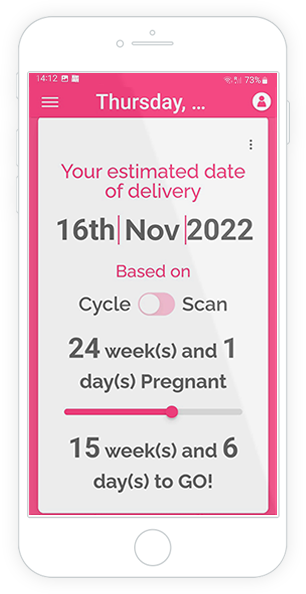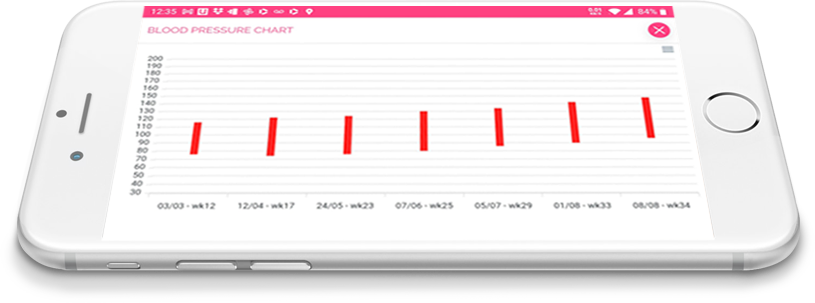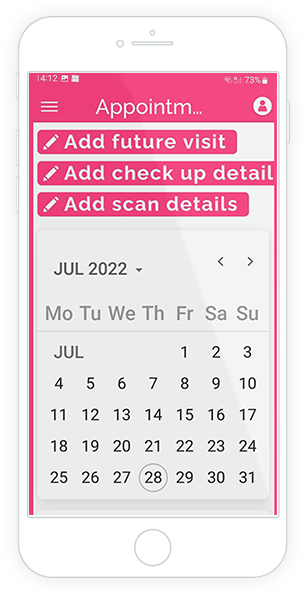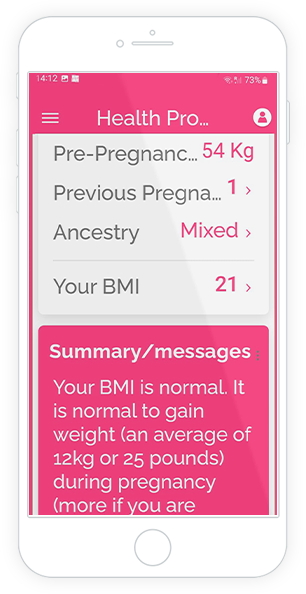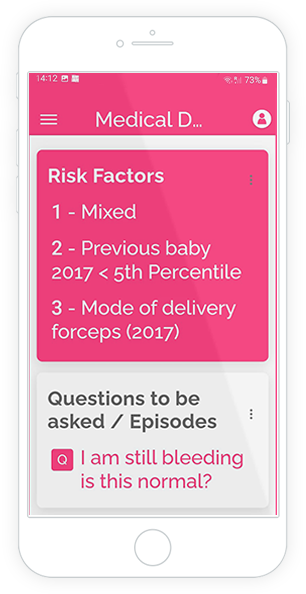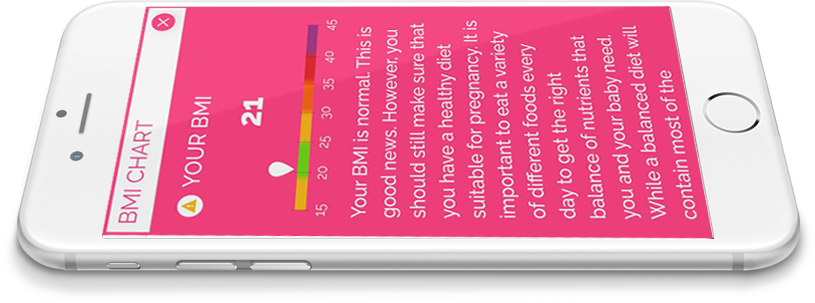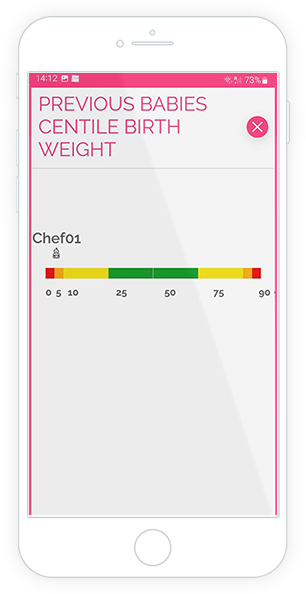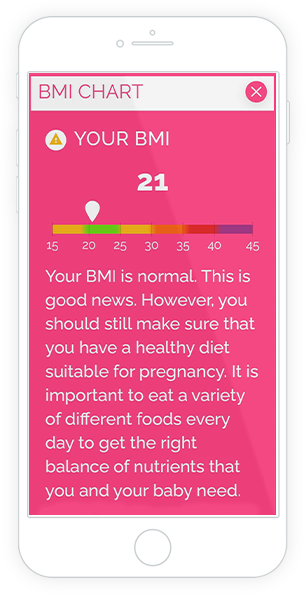Until 100 years ago, the terrible toll of mothers and babies who did not make it successfully through pregnancy had hardly changed for centuries. The introduction of antenatal care along scientific lines in the 1930s started to change things, and improvements such as antibiotics, blood transfusions, safer anaesthetics and improved surgical techniques caused a huge reduction in poor outcomes so by the 1960s the toll was much reduced. From the 1960s onwards, the introduction of ultrasound imaging and improved understanding of the changes in women’s bodies during pregnancy has helped us further reduce adverse outcomes.
Philip Steer, the medical director of Caretek, working with colleagues at St Mary's Hospital in Paddington during the 1980s, developed a computer data collection system which has since resulted in 50 scientific publications. When he was appointed professor at Charing Cross and Westminster Medical School (later to become part of Imperial College London), in conjunction with British Telecom and the Department of Health, during the 1990s he led an investigation of the use of ‘smart cards’ (like a mini-compact disk) for women to hold their own pregnancy information, which they could share with their GPs, midwives and obstetricians. However, although a randomised controlled trial demonstrated that using a computer to automatically detect and highlight risk factors improved antenatal care, this proved to be an expensive way to store data, and the system never came into widespread use.
The development of smart phones with their computing ability has now made this approach much more affordable. Caretek embodies the vision of Professor Steer and his colleagues in Caretek to improve antenatal care by allowing women to make their own personal pregnancy record. The software in the system automatically analyses the information provided by the woman, gives her immediate feedback as to whether things are normal or not, and then highlights any concerning features for the woman which she can choose to share with her partner, her family, her midwife and obstetrician, and thereby make sure it gets appropriate attention.
Based on 40 years experience, we know the most important information that needs to be collected, what the normal ranges are, and when further attention is needed from caregivers. All the questions are simple to answer, and there are built-in error checks to avoid typos. If the woman is unsure how to answer the question, the ? by each one leads immediately to more detailed explanations and guidance.
If everything is normal, the woman has a personal and private collection of her pregnancy information to keep. If, however, there are abnormalities, these are highlighted so that the woman can share the information with her caregivers and seek immediate and appropriate care. We know that many poor outcomes of pregnancy can be prevented by timely intervention, and Caretek provides a very simple, cheap and effective way of making sure you get such intervention if and when it is needed.
